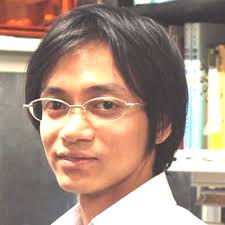
Khoa V. Le
Tokyo University of Science, Japan
Khoa V. Le received his Ph.D. in engineering from the Tokyo Institute of Technology, Japan, in 2011. He joined the Tokyo University of Science in 2015, where he is currently working as Associate Professor. His research interests include electro-optic effects in liquid crystals and molecular interactions in lyotropic systems. Recently, he has focused more on the research of water-based polymeric materials by combining lyotropic liquid crystals with hydrogels to create novel functionalities such as toughness and adhesiveness. His work aims to develop applications in biological alternatives, bio-adhesive materials, and microplastic capture materials.
